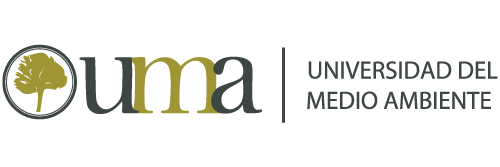Our six faculties focus on essential human activities that are key in the socio-environmental challenges we face: business, construction, agriculture, public policy, education and project development.
We believe that as a society we have to reinvent how we provide for our well being in a manner that is sustainable and regenerative. This requires a systemic perspective to understand the underlying patterns that are causing our present planetary crises, in order to seek for new ways of seeing, thinking and acting.
What makes our programs different?
Socio-environmental focus:
A clear understanding of the socio-environmental challenge that we face as a humanity, a thoughtful use of its basic terminology, and a solid grasp of the different perspectives from which it is being explored at a global and regional level.
Action research:
The ability to integrate action-reflection cycles that allows continuous learning and improvement. The four essential elements of Action Research are: 1) Design, 2) Act 3) Evaluate 4) Reflect. Learning by doing and for doing.
Co-Design:
The interest and ability to design and facilitate processes that harvest collective intelligence and values, in order to design appropriate and ethical solutions.
Systemic thinking:
The ability to recognize the relationships, patterns, and processes that give life to a system and articulate proposals that can bring deep, structural change.
Disciplinary Capacities:
Each faculty develops key capacities in their students that will allow them to work and transform their specific industry.
- Masters Degree in Agroecology and Regenerative Food Systems
- Postgraduate Diploma in Ecosystemic Restauration
- Undergraduate Diploma for Integral Management in Agroecological Farming
- Undergraduate Diploma in Ecosistemic Restauration applied to Urban Environments
- Apiculture and Meliponculture Workshop
- Herbal and Natural Cosmetics Workshop







